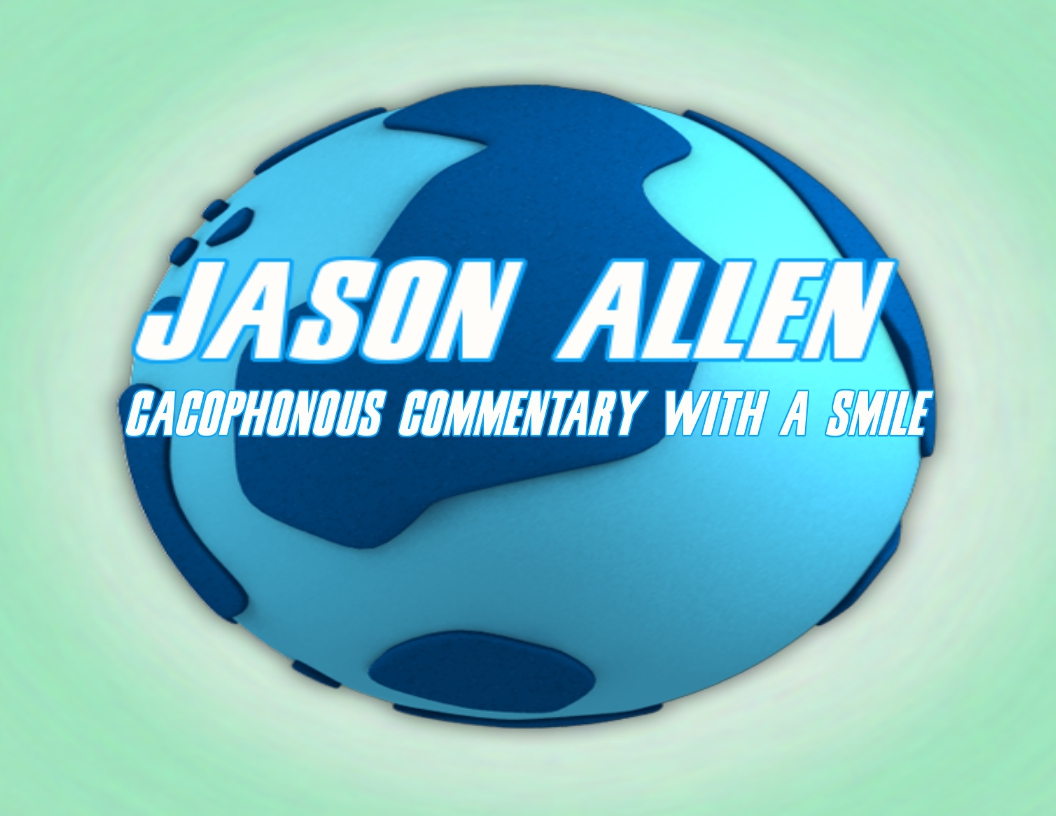I started with the task of establishing a definable scope for comparison to bring out any glaring surface commonalities and where they differ. I drew on parameters of personality traits, personal philosophies, world view, idiosyncrasies, and belief systems. Sound wonky and a tad too micro? Yup that would be fair to think, but I went there.
On the surface there are more than a few glaring similarities. Both share an acute neurosis and paranoia, such as a fixation of loyalty, both exhibit the tried and true "everyone is out to get me", a good healthy inferiority complex, and a hyper sense of projective masculinity, and we can't forget to throw in a shared deep core brand of populism, the usage of the "silent majority". All of the neurosis exhibited similar manifestations such as: being at war with the media and the role of media, a steroid-ed up sense of nationalism, and a "too big to fail, above the law" attitude. Surprisingly, that's where the road seems to diverge for Dick and the Trumpster.
Nixon was easier to get a handle on, not only because we have a life of totality, but also because Nixon's core beliefs are more rooted, especially on display in the White House. There has been tons of volumes written about Nixon and there is a wealth of data to draw from. Trump is more elusive, as a newcomer to the political scene his persona and historical portrait is a work in progress. After really delving in to those parameters as it applies to that scope, there are some disturbing personal findings. If you're a Trumper, you're really not going to like what I am going to say next.
The main reason that Trump is so elusive is that his belief systems are incredibly shallow and malleable, like shifting sand. His core is ego and winning. You could point to those two factors and apply it to Nixon too, but the difference is that Nixon was at heart putting his country first (or is idealized vision of the country), and Nixon as a veteran of World War two was patriotic in nature. Trump's loyalty is to Trump, or to put it in a nationalistic sovereign context, "The United State of Trump". Both use Populism as a tool as a part of their need to be loved and liked, but unlike Trump, Nixon had a certain courage of his conviction. Trump believes in nothing that does not end in the word Trump.
Their sense of entitlement also come from different places. Nixon grew up poor, experiencing a hardscrabble beginning that was a lifelong chip on his shoulder and a motivation to succeed at all costs. Trump was born in the 1% and has never known what it was like to be poor or to be even able to relate to those who are. Springsteen would say in his song Better Days, "A rich man in a poor man's shirt". And that makes you wonder how all those blue collar voters in red states could look to Trump to be their champion. Well that's a whole different study for a different day.
Lastly, it also comes down to brains.
Love him or hate him, Nixon was a smart and under appreciated cereberally gifted man. I know I will take heat for saying this but tricky Dick was a deceptively smart guy. Both excel at cunning and political astuteness. Love or hate him, Trump is like only a few others in his ability to read a room and to adjust his narrative to craft a selling pitch. That is the true genius of Trump, the slick salesman who pressure sells you until you figure out that your pockets have been picked and you now have a timeshare in a condo in Boca Raton.
As the story of the Trump presidency and phenomenon is written, there will always be the urge to compare him to others in history, hey it's what historians do. And while it's a fun project to go down that rabbit hole as you've just witnessed, don't we all feel just a little bit dirtier?
